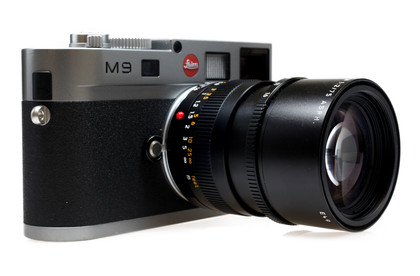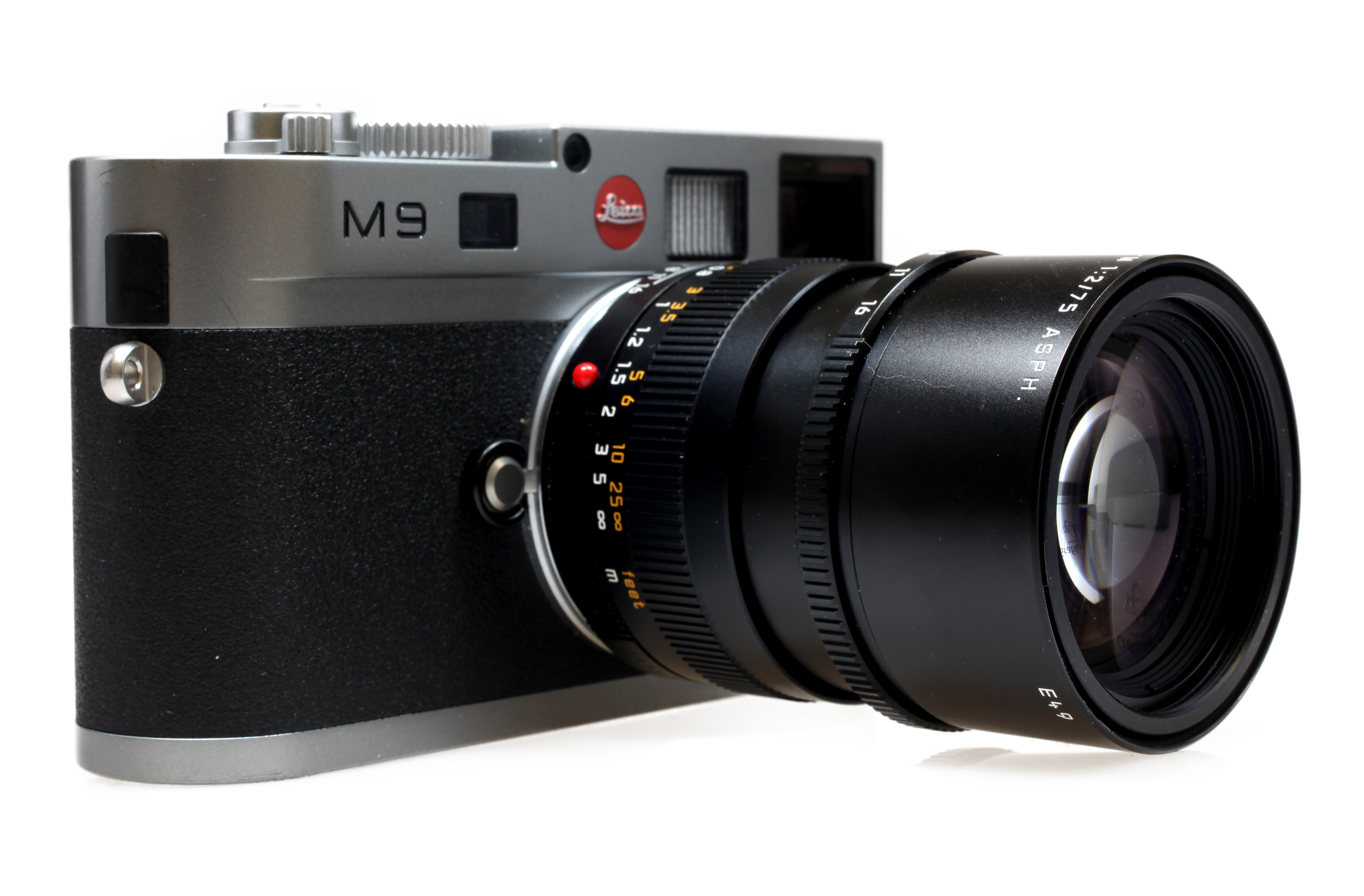Why you can trust TechRadar

Leica describes the M9 as an investment for life, and in its build quality it's easy to understand its confidence. For existing M-mount users it's the next logical progression from either analogue M-series bodies or the M8/M8.2, and in terms of its resolution it's unrivalled for such a small camera.
Combined with high-quality optics - generally a given with Leica - it really can produce remarkable images. Photos have excellent detail, sharpness extending well into the corners and edges of the frame and beautiful out-of-focus characteristics. It really can produce images that are comparable in quality to those from a professional DSLR – but at a cost.
Just because it can produce excellent images, it doesn't mean it always does, with the auto white balance performance heading a small list of grievances.
We liked
A large and clear viewfinder, combined with a rock solid build and attention to detail. The simplicity of its operation makes it an enjoyable camera to use, while the sensor is capable of resolving plenty of details.
We disliked
A small and low-resolution LCD, together with a few handling issues and often erroneous auto white balance performance mean that the Leica M9 isn't quite the dream digital camera many would imagine it to be.
Sign up for breaking news, reviews, opinion, top tech deals, and more.
Verdict
Leica M8 and M8.2 owners should know that although the pixel pitch has remained the same with the new M9 model, Leica claims to have improved noise performance.
There's also a thicker UV/IR filter built-in and an extra processor, as well as the more obvious difference of their being no crop factor for lenses.
A difference of around £2,000 separates the two models, which is significant.
Although it doesn't have any immediate rivals as such, the availability of M-mount adapters for compact system models (and the Ricoh GXR series) does at least provide a few viable, and far cheaper, alternatives for those with a few M-series lenses.
Coupled with the fact that the M9 is already beginning to show its age it, it's difficult to see Leica winning too many new customers. But then this isn't a camera necessarily designed to compete with others, rather an update to a long-revered series of beautifully crafted cameras with photo image quality very much as the priority.
The Leica M9 is a beautifully-crafted camera, capable of excellent image quality. Although its price puts it out of the reach of many, the lucky few are unlikely to feel disappointed with the results of which it's capable.
